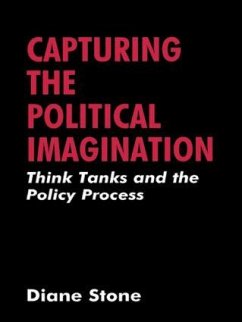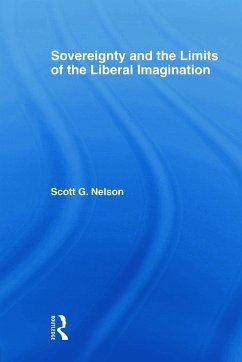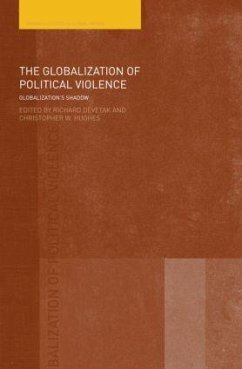
Political Violence and the Imagination
Complicity, Memory and Resistance
Herausgeber: Thaler, Mathias; Mihai, Mihaela
Versandkostenfrei!
Versandfertig in 1-2 Wochen
66,99 €
inkl. MwSt.

PAYBACK Punkte
33 °P sammeln!
Using a variety of theoretical reflections and empirically grounded case studies, this book examines how certain kinds of imagination - political, artistic, historical, philosophical - help us tackle the challenge of comprehending and responding to various forms of political violence.














